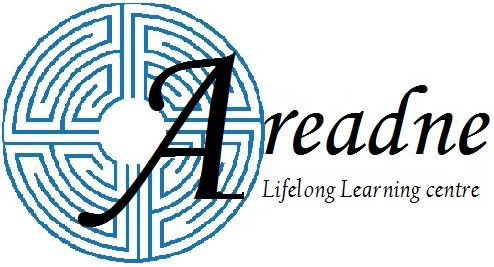Traditionally, basic adult education has had a particular concern with the skills of literacy and numeracy, seeing these as essential for entry to the world of work. Adult education teachers may therefore be reluctant to adopt ICT, unsure of the part it should play, and worried about the time it takes away from the development of those basic skills. As we enter the 21st century, however, ICT has already become a necessary and important component of adult education. Formal and non-formal education are being delivered at a distance via technology – particularly the Internet – with the promise that learning can take place at any time and in any place.
Adults in the United States with low literacy – and in other OECD countries and many developing countries – are heterogeneous demographically. Such individuals, like most adults, may have complex family, work, and social circumstances that cannot easily be put aside to permit education to take place. These factors add additional complexity to issues of instruction methods, learning strategies, and programme planning and management.
In this article we suggest that the digital divide among adults within and across many nations is likely to persist for some years, the adults concerned being probably more resistant to change than children and youth, who will be growing up within societies ever more permeated by new technologies. Furthermore, up to the present the vast majority of ICT investment in education worldwide has gone into children’s schools and higher education, without regard for the educational needs of disadvantaged adults. There are extraordinary opportunities for ICT to bring about significant change for adult populations with low literacy, especially since adult education is less hampered by rigid education systems, required curricula, and constraints on individual motivation.
We know that only a small percentage of those who could benefit actually enter adult education programmes. Improving the ways technology is utilised as a learning tool can make adult education more engaging and effective. Already ICT is providing additional opportunities to learn in less structured environments, such as independently at home or at libraries. ICT-based education seems to be ideal for giving additional educational opportunities to at-risk and disadvantaged adult learners. Most of the examples in this article are drawn from the United States, where the focus on new ICT for adults is relatively advanced.


